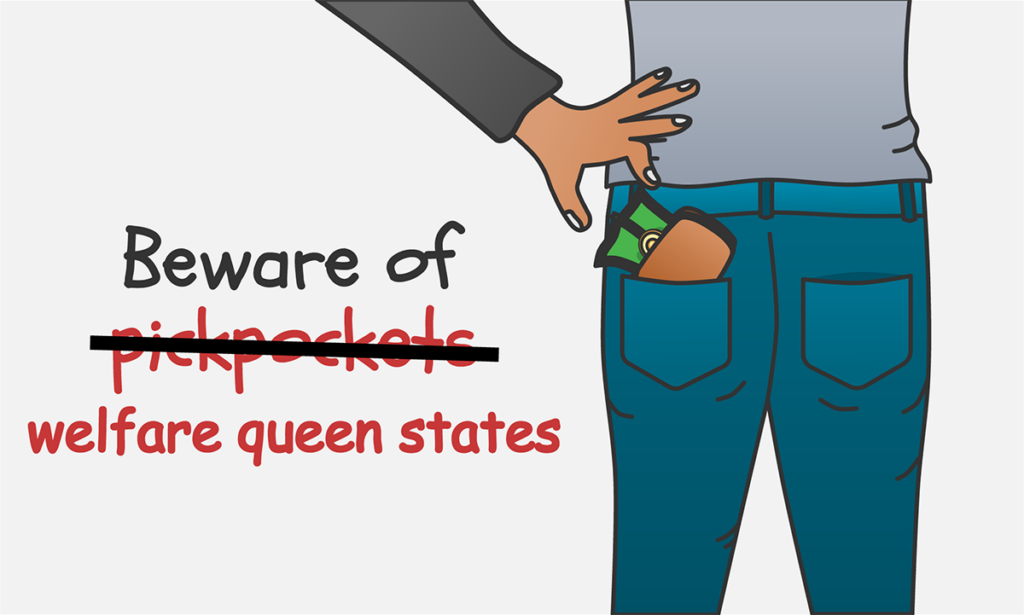Federal Subsidies of States
Mark Olbert
This data is from the Rockefeller Institute’s analysis of New York State’s balance of payments with the Federal government. The report includes data on the balance of payments of all 50 states.
The balance of payments is simply the total amount of money spent by the Federal government during a given year in a particular state, less the total amount of federal taxes and fees paid by people and organizations resident in that state. That’s easy to define, but not so easy to calculate…which is why the report doesn’t come out more quickly. The latest report, issued in 2024, covers years up to and including 2022.
I refer to this as a subsidy because most states receive more than they pay. That’s not surprising, given the Federal government routinely operates at a deficit.

Because responding to the pandemic1 involved massive Federal spending — and hence deficits — to keep the nation from going totally haywire, it’s important to look at the balance of payments separately during the pandemic and during more normal times.
Let’s start with those normal times, which for the latest release of the report cover the years 2015 – 2019 and 2022 (2020 and 2021 will be covered as “pandemic years”).
I’ve plotted the state results based on the Cook Political Report’s polarization score. This indicates which way the state leans, politically. Negative numbers mean “more Republican” while positive numbers mean “more Democratic”2.
Negative subsidies mean a state sends more money to the Federal government than it gets in Federal spending. With one exception, every single state that gets less than it gives is a Democratic-leaning state. The exception is Utah, which just barely subsidizes the Federal government. The blue state that’s nearly off the chart in “getting more than it gives” is Virginia.
There are a number of implications to this pattern, the most interesting one being red states, collectively, would be harmed more by reducing Federal spending than blue states. They are, to borrow a loathsome right-wing term, welfare queens3 who depend on others to maintain their lifestyle.
You’re also seeing one of the unintended consequences of Federalism here. The system was created by the Founders so the smaller former colonies wouldn’t fear being overwhelmed by the larger ones. It worked. But it also set the stage for the smaller states (in alliance with a few more populated ones) to become parasites, using their collective political power to extract income they did not generate from other states.
The picture looked very similar during the pandemic years (2019 and 2020), just with all the points shifted up.
That’s not surprising, given the enormous Federal stimulus that was made to keep all hell from breaking loose after we were forced to pretty much shut down the country.
Remember the pandemic? Oddly, many politicians and some economists seem to want to forget it, so they can return to riding their pet hobby horses, and not have to go through the intellectual effort to figure out how such a world-impacting event might’ve affected the conclusions and positions they’d previously arrived at. ↩
The negative/positive split is arbitrary…but I’m a proud Democrat who once was a Republican, so deal with it :). ↩
I’ve never met a welfare queen, and it wouldn’t surprise me if there aren’t any. The epithet, like most right-wing epithets, seems to make sense…but doesn’t when you stop and consider human nature. Sitting around all day eating bonbons is not only hazardous to your health, it’s absolutely boring…and humans don’t like to be bored. They like to pursue their self-interests, whatever those may be. ↩
His Imperial Majesty Speaks!

mostly incoherently, but still…
“The United States Military just entered the Great State of California and, under Emergency Powers, TURNED ON THE WATER flowing abundantly from the Pacific Northwest, and beyond. The days of putting a Fake Environmental argument, over the PEOPLE, are OVER. Enjoy the water, California!!!”
Only…
- the military did not enter California;
- the federal government just restarted water pumps that were offline for maintenance;
- the water in question can’t get to southern California; and,
- even if it could, the recent fires were exacerbated by the supply system, not the supply of water.
